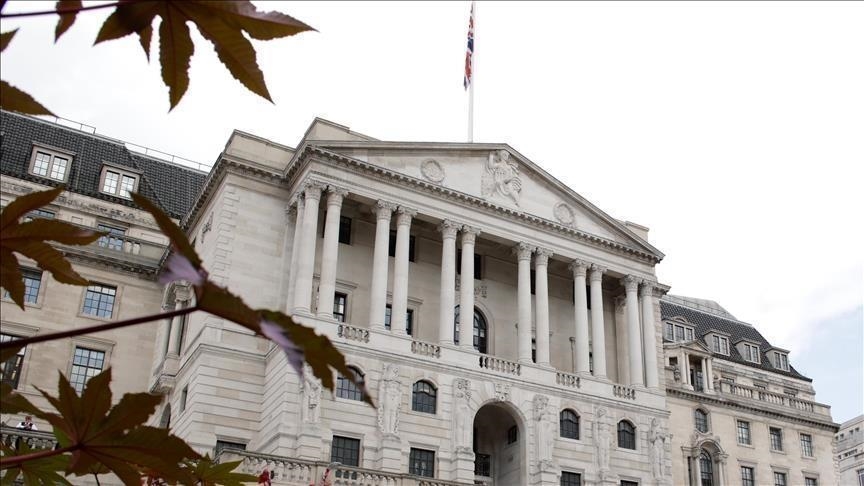

By Anadolu Agency
LONDON
The Bank of England on Wednesday issued a warning about rising signs of stress among heavily indebted consumers and smaller businesses as interest rates rise sharply across the globe.
In its latest financial stability report, the bank said that vulnerabilities persist within the global banking system and financial markets due to heightened interest rates and geopolitical tensions.
The recent failures of three mid-sized banks in the US, alongside the collapse of Credit Suisse, a globally significant financial institution, triggered volatility in financial markets, according to the report.
However, it said, the impact on the UK banking system was relatively contained, with limited decreases in bank equity prices and moderate increases in funding costs.
“Nonetheless, elements of the global banking system and financial markets remain vulnerable to stress from increased interest rates, and remain subject to significant uncertainty, reflecting risks to the outlook for growth and inflation, and from geopolitical tensions,” it underlined.
As interest rates continue to rise, consumers and businesses with significant debt burdens may face mounting pressure, the bank said, warning that it is crucial for stakeholders to remain vigilant and closely monitor these developments.
“Riskier corporate borrowing in financial markets – such as private credit and leveraged lending – appears particularly vulnerable, and global commercial real estate markets face a number of short and longer-term headwinds that are making refinancing challenging,” it said.
The Bank of England last month raised UK interest rates by 50 basis points to a 15-year high of 5% to counter stubborn inflation, which remains unchanged at 8.7%, well above the main target of 2%.
Meanwhile, a new IMF report said that the UK is facing economic headwind despite expectations it will avoid a recession this year.
The global body said the recent energy price shock caused by Russia’s war in Ukraine disrupted the country’s recovery, resulting in projected growth rates of only 0.4% in 2023 and 1% in 2024.
We use cookies on our website to give you a better experience, improve performance, and for analytics. For more information, please see our Cookie Policy By clicking “Accept” you agree to our use of cookies.
Read More